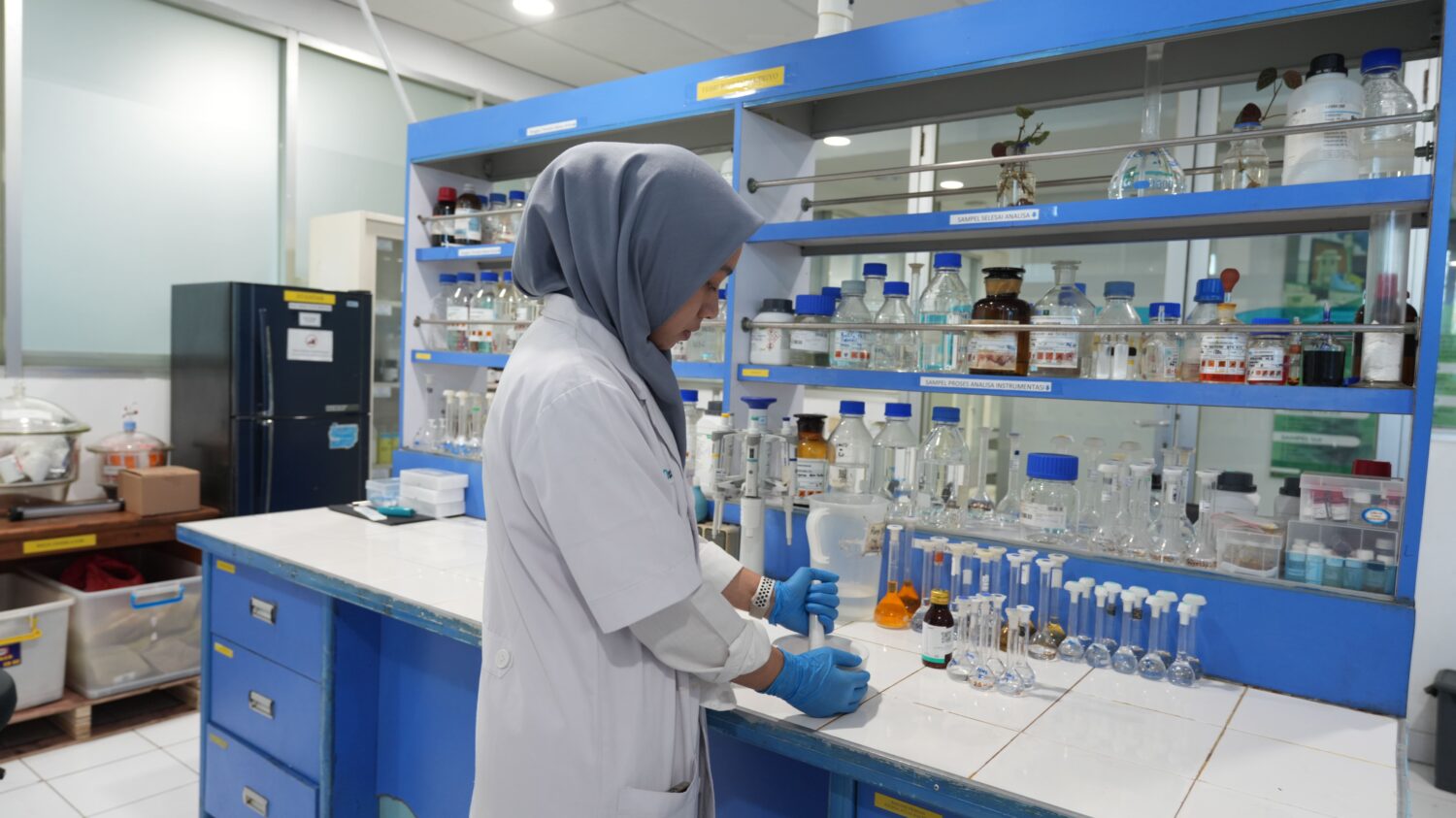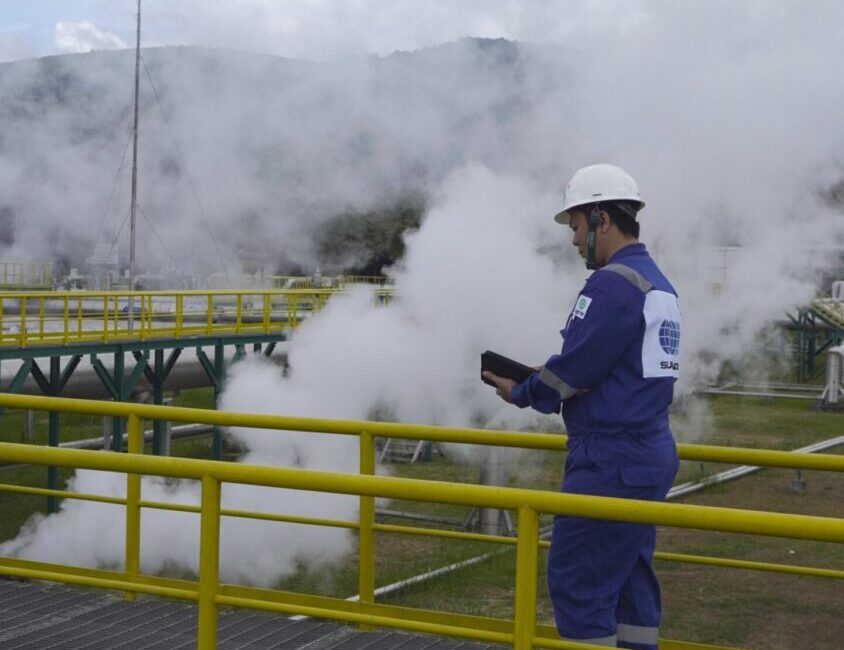Ways, Procedures, and Benefits of Halal Certification for Companies
Has your product followed the MUI Halal certification procedure? If not, then you should apply for the certification. Halal certification is very important and very influential on business continuity and increasing company profits.
One of the sanctions if the company’s products do not have the certification standard is a ban on circulation. This aims to ensure the safety of consumers, especially Muslims. Where in his teachings are not allowed to consume and use all unclean things.
Not having a halal label doesn’t mean it’s unclean. However, this cannot be used as a guide. Because consumers generally see the evidence listed or represented by the label.
What is Halal Certification?
Halal certification is proof that a product or service meets the standards set by the MUI fatwa. The MUI fatwa is issued by Islamic teachings. The certification is a permit to include a halal label.
As proof that there is no najis or a process that is not in accordance with Islamic law. As a country dominated by Muslims, it is not surprising that the Indonesian government requires halal guarantees for products circulating in the market.
This halal certification procedure must be carried out by every businessman. Especially for food products, medicines, and cosmetics. All that directly enter the human body or come into direct contact.
For Muslims, consuming or using halal products is one way to maintain themselves and their souls and get closer to the creator.
The standard that refers to the MUI fatwa does not only exist in Indonesia. But also in various countries for both domestic and export consumers, and not only in Muslim-majority countries.
Halal Certification Procedure
To be able to get a product or halal service standard, some stages need to be passed. You can follow these steps as a Halal certification procedure for those who want to market goods and services.
- Participate in Training and Understand HAS Certification
- Implementing the Halal Assurance System (SJH)
- Prepare registration requirements documents consisting of:
– Application letter and registration form
– Halal supervisor document
– List of product names and menu ingredients
– Product management process
– Halal guarantee system
- Selection of Sucofindo as LPH
- Product Inspection
- Determination of Halal Products
- Issuance of Halal Certificates
To take care of the Halal certification procedure, now many third parties can help make the process faster. You can take advantage of Sucofindo’s services for this purpose, making it more practical and more quickly.
Businesses That Require Halal Certification
Halal certification procedures are required for every product circulated in the community. This is to assure that what is eaten or used provides goodness and benefits. Here’s a business that needs it.
1. Processing industry (food, medicine, and cosmetics)
Food processing, such as producers of snacks, packaged foods, beverages, restaurants, and caterers, must have halal standards. Starting from cooking utensils, food ingredients, processing, packaging, storage, presentation, and transportation.
Medicines and cosmetics also need to have Halal certification. Drugs and cosmetics that have not gone through the halal certification procedure are still in doubt by consumers. Especially those who are Muslim will avoid it.
2. Logistics services
In the logistics service industry, standardization relates to handling, storage in warehouses to distribution. It must be guaranteed to be free from various unlawful elements and uncleanness.
3. Slaughterhouse
Rumah Pemotongan Hewan (RPH) is a place where livestock are slaughtered for later processing into the meat. The results are distributed to the public, most of which are for consumption needs.
From the slaughtering process, the tools used, handling, storage, packaging must be guaranteed to be free of najis and unclean things. Including the possibility of mixing with non-halal meat must be considered.
Benefits of Halal Certification
Halal labels on products and services add value. Considering Indonesia’s majority population is Muslim, which is also a market share. Broadly speaking, the benefits are as follows.
1. Provide peace for consumers
The majority of Muslim consumers will only buy products and use services because of the halal label. Sales will increase and consistency will be maintained if producers and sellers have carried out halal certification procedures.
2. Products have Unique Selling Points
Unique Selling Point is one way to compete with competitors. Where certification is a USP that is not owned by all business people. Consumers will easily turn away because of the awareness of the importance of halal products.
3. Can expand global market reach
One of the requirements for product export is quality assurance, including halal. Especially if you want to expand your marketing reach to Muslim-majority countries. This is a must to avoid rejection and even boycott.
It is so important to follow all stages of the halal standard procedure because it is related to business continuity. For those of you who are unfamiliar with this matter, you can use the services of a competent and experienced third party related to halal certification. Need halal certification services? Trust only in Sucofindo!
For more information about certification services, you can read our article here. If you and your company need further information regarding our services, contact and consult about it here.







